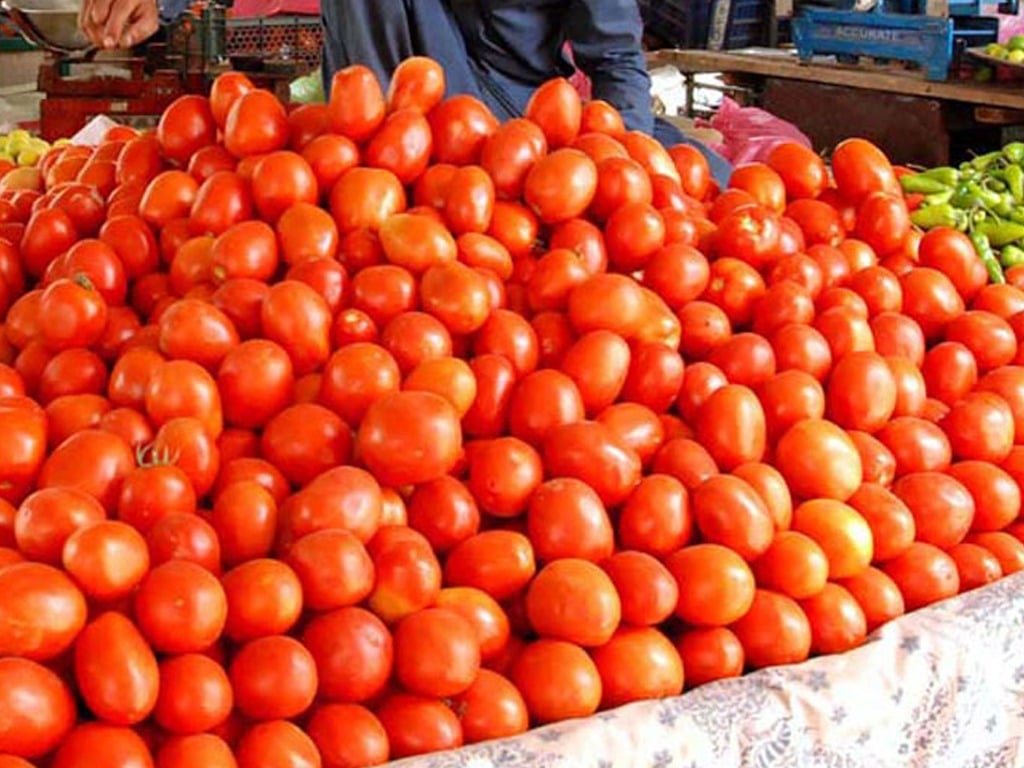QUETTA: A sharp and sudden increase in tomato prices is causing significant distress for residents in Loralai and Tehsil Mukhtar.
Over a matter of days, the price of tomatoes has risen dramatically, with the vegetable now being sold in local markets for between 250 and 300 rupees per kilogram. This surge has placed a heavy burden on common citizens, for whom tomatoes are a daily essential.
“This is a common commodity, but now it has become out of reach for the poor,” stated several frustrated buyers.
When asked for the reason behind the price hike, local vegetable sellers pointed to a reduced supply of tomatoes reaching the market and a concurrent increase in transportation costs.
In response, citizens have called upon the Balochistan government and the district administration to take immediate action. They are demanding measures to stabilise the prices of tomatoes and other essential vegetables and to take strict action against those engaged in illegal profiteering to provide relief to the common man.
The ongoing closure of the Pakistan-Afghanistan border is creating severe hardship for populations on both sides, causing a dramatic spike in the price of essential goods and growing shortages.
In Peshawar, Khyber-Pakhtunkhwa, the price of tomatoes has soared to an unprecedented 400 rupees per kilogram. This crisis stems from a severe shortage in local markets following the suspension of tomato shipments from Afghanistan. The supply of Iranian tomatoes has also been affected, further exacerbating the shortage and driving prices to what citizens are calling “uncontrollable” levels. The rising cost has forced many households to seek alternatives, such as yogurt, in their daily cooking.
Also read: IG FC shares the image of Spin Boldak gate
Meanwhile, in Afghanistan, the suspension of cross-border commercial activity has triggered a different set of crises. The flow of essential goods has halted, leading to intensified shortages of flour, sugar, oil, and other staple items in local markets.
According to economic experts, the continuous trade barriers are also putting significant pressure on the Afghan currency, compounding the economic distress within the country. The situation underscores the deep economic interdependence between the two nations and the widespread human impact of the border closure.





